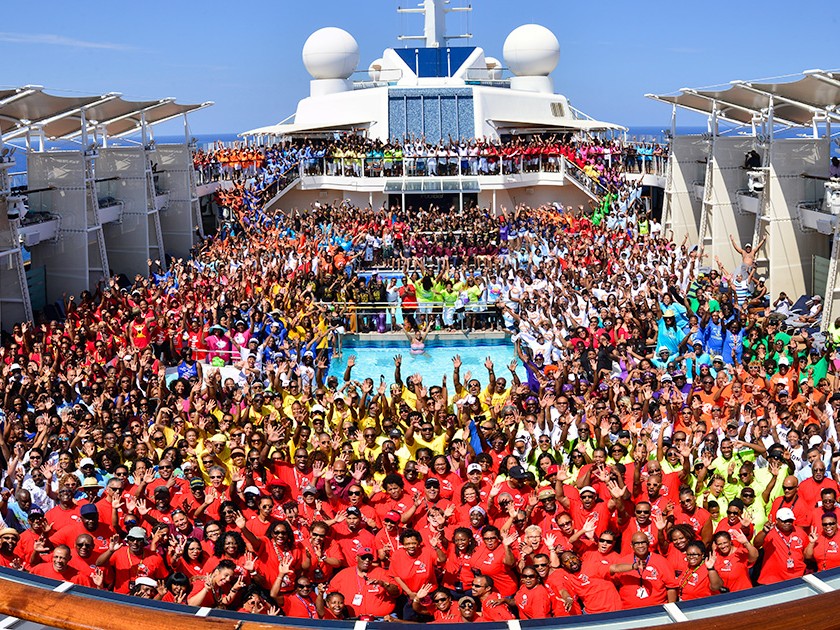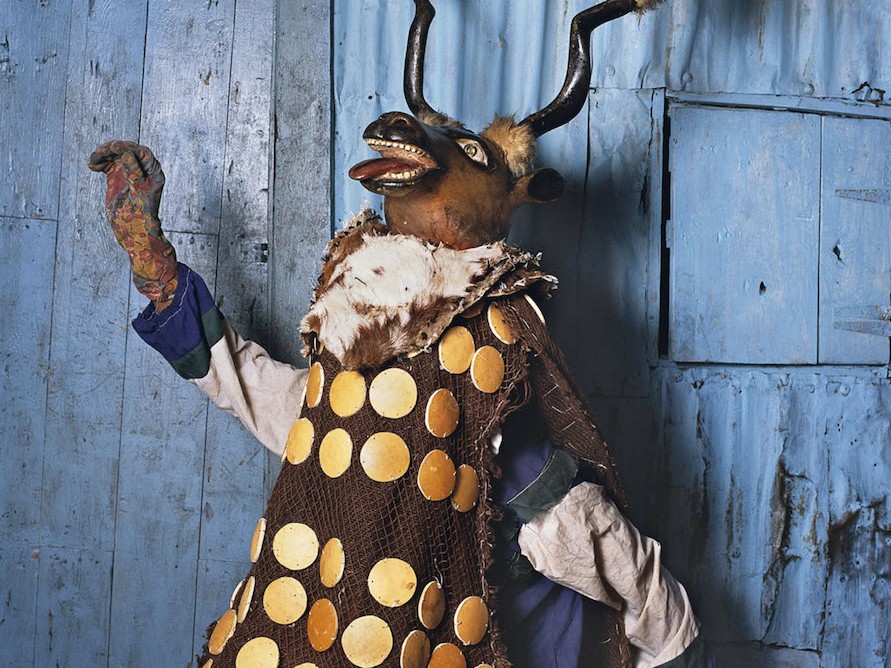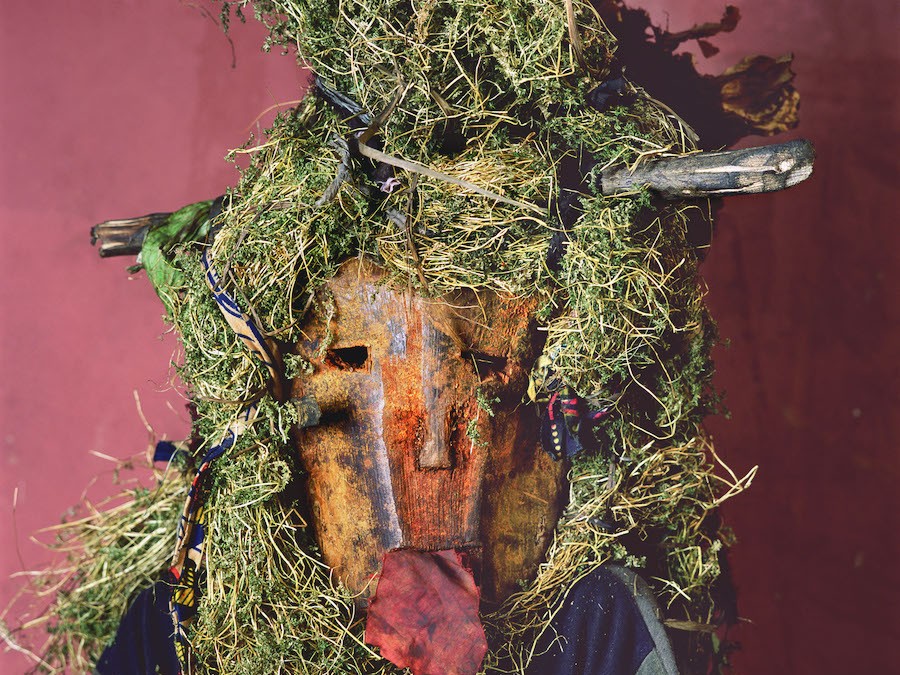Share this!
How Is Christmas Celebrated In Nigeria?
Observed on December 25 every year, Christmas in Nigeria is at once both a religious and cultural celebration among millions of adherents in the country. The period before, during and after Christmas Day is marked by conviviality, merriment, wining and dining.
The dominant activities during the festivity in Nigeria include eating traditional cuisine, sharing of gifts and cards as well as visiting friends, family, and places of interest.
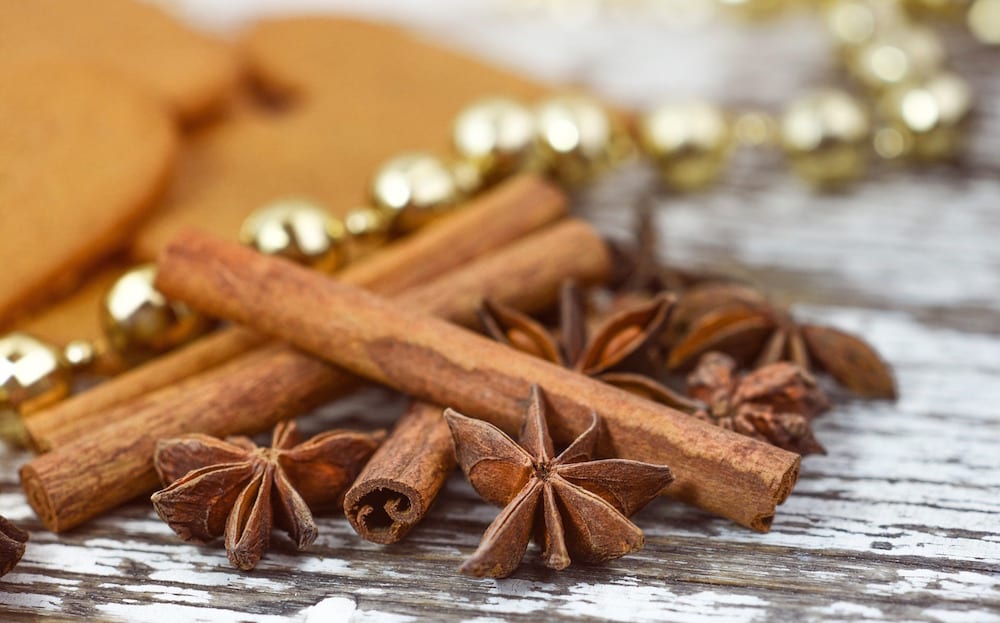
In Nigeria, the Christmas celebration receives substantial influence and coloration from the indisputable Nigerian spirit. With over half of her population bearing allegiance to the Christian faith and residing mainly in the south, Christmas is a big deal in Nigeria. So much so that individuals begin to make plans for celebrating Christmas, right from the beginning of the year!
Nigerians have a unique perspective of Christmas. This shows in the ways and manners in which the average Nigerian celebrates the festivity. You will sense the palpable tension and energy in the atmosphere, you will notice the preparations and activity, and you will come to grips with Christmas from a Nigerian perspective:
Mind the Economy
The economic situation just before the start of the festivities will determine, to a large extent, how Christmas is celebrated in Nigeria. Has the year been kind to both business people and those gainfully employed? Then expect collective energy and passion. Shopping, traveling and other associated activities gather momentum and reach a crescendo during and after Christmas across most parts of Nigeria.
However, if there are economic headwinds, expect to meet a people who become prudent managers of resources. Spending and other activities undergo censorship, with a hopeful eye on the New Year. You will encounter somber commentary from business people and sellers, who will complain of a lull in consumer spending and how the old Christmas celebrations were better.
Aunty/Uncle “Do Christmas for Me”

Once the economic indices are favorable, expect to meet Nigerians with disposable spending power. Chances are that you will encounter the words- “Aunty/Uncle, come do Christmas for me”, a local parlance soliciting assistance, financial or otherwise, in marking the festivities. You would be wrong to think that only children would engage in this; in reality, anybody could ask for assistance, especially when the person being solicited is perceived to be at the upper rungs of the economic ladder.
So from schools to offices and banks, the general perception is that Christmas is a period to lend a helping hand to less fortunate people.
Rise of Seasonal Businesses
As the festivities draw near, you should expect to see business people seize the opportunity to set-up ventures that meet the needs, wants and demands of Nigerians for celebrating Christmas.

Streets that were once quiet and ‘fallow’, suddenly turn to shopping centers. You can expect a host of businesses offering foodstuff and livestock, drinks, clothes, shoes, firecrackers among other items.
These businesses take advantage of the tendency of people to engage in last minute-shopping sprees and also provide for contingencies during and after the holidays.
Heavy Vehicular Movement of People and Goods
You will find that Nigerians are some of the most boisterous people on earth. This energy comes to life at Christmas. The festivity serves as the perfect opportunity for people to embark on trips and excursions.
At Christmas, Nigerians in diaspora return home to felicitate with friends and family. For others, it a time to return to villages and hamlets, away from their businesses/jobs. Overall, expect a lot of traffic in persons and goods. The law enforcement agencies usually have their hands full, ensuring that lives and properties are not lost during the yuletide.
PRE-Holiday Shopping
This point is linked to the economic realities of the time. With enough cash to spare, many Nigerians adroitly plan to shop and stock up for Christmas well before the festivities commence.
The mindset dwells on avoiding opportunistic traders who hike prices of goods and services during the Christmas festivities.
An unwritten rule ensures the purchase of non-perishables like canned tomatoes, groundnut oil, rice, beans and other grains in good time, usually from mid-October to early November. For perishable items like fresh tomatoes, turkey, chicken, fish etc, Nigerians may take a number of ingenious options. These options include investing in personal or group rearing of these animals or buying these as part of a collective.
Use of Firecrackers and ‘Bangers’

What is Christmas in Nigeria without the use of these popular incendiary objects? Firecrackers and bangers have proven invaluable partners in helping Nigerians celebrate the Yuletide. For one, they are loud and colorful, enhancing the mood and conviviality of the season. Firecrackers are loved by children and adults alike, so sellers experience huge patronage during Christmas.
However, there has been a lull in the use of bangers, especially with the rise of security challenges across Nigeria in recent times.
Staging of Christmas Concerts and Carols
In keeping with the spirit of Christmas, Nigerians engage in traditional Yuletide practices, these include the staging of carols, nativities and choir concerts.
Although there are denominations cutting across Catholics, Anglicans, Protestants and the fire-brand Pentecostals, all seem to agree on performing ceremonies depicting the nativity of Jesus.
At these events, you will find Nigerians decked in bright local and foreign clothing, amidst well-decorated cathedrals and auditoriums.
Visits to Beaches and Other Places of Interest
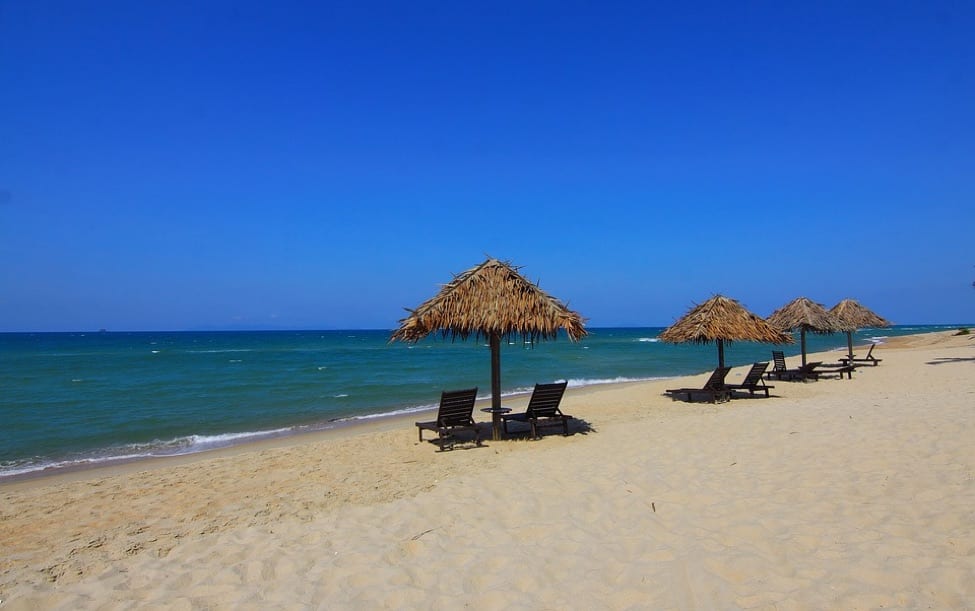
Relaxation centers like beaches, cinema houses, hotels and resort centers usually experience increased patronage during Christmas. Nigerians use the yuletide to unwind and relax in the company of friends and family.
These venues offer attractive packages for personal, group and family visits and vacations, with discounts and value-added services for the period.
Christmas Cuisine
The official Christmas cuisine comprises Rice (served as a combination of white rice with stew, jollof rice, and fried rice or coconut rice) along with the fabled Christmas Chicken or Turkey. It should be noted that rice is common to many Nigerian homes.
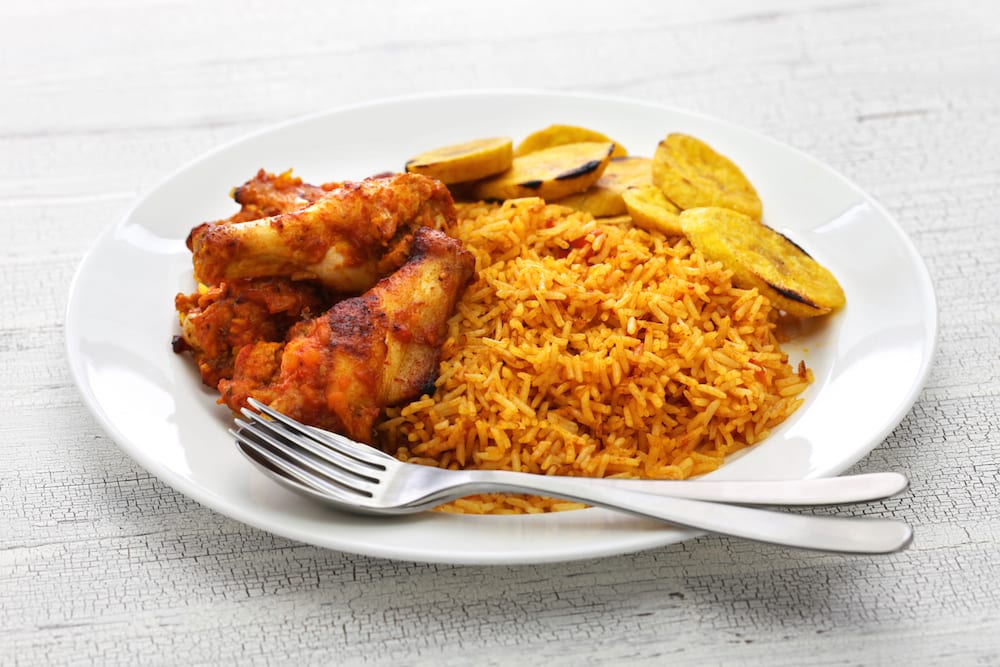
At Christmas, meals assume added significance due to elaborate preparations that go into making it.
Goat meat is a veritable option, as well as fish, shrimps, lobsters, crabs, and pork. Popular drinks served with these meals include choice wines, alcoholic beverages and soft drinks for children. It’s not new to see men sitting together to drink locally made beverages, all for Christmas.




